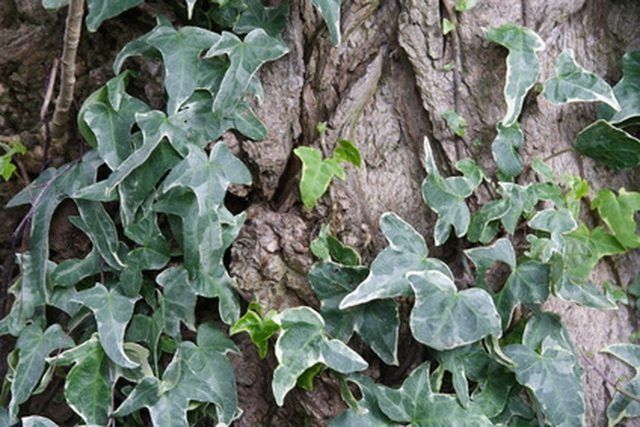Bulbs
Flower Basics
Flower Beds & Specialty Gardens
Flower Garden
Garden Furniture
Garden Gnomes
Garden Seeds
Garden Sheds
Garden Statues
Garden Tools & Supplies
Gardening Basics
Green & Organic
Groundcovers & Vines
Growing Annuals
Growing Basil
Growing Beans
Growing Berries
Growing Blueberries
Growing Cactus
Growing Corn
Growing Cotton
Growing Edibles
Growing Flowers
Growing Garlic
Growing Grapes
Growing Grass
Growing Herbs
Growing Jasmine
Growing Mint
Growing Mushrooms
Orchids
Growing Peanuts
Growing Perennials
Growing Plants
Growing Rosemary
Growing Roses
Growing Strawberries
Growing Sunflowers
Growing Thyme
Growing Tomatoes
Growing Tulips
Growing Vegetables
Herb Basics
Herb Garden
Indoor Growing
Landscaping Basics
Landscaping Patios
Landscaping Plants
Landscaping Shrubs
Landscaping Trees
Landscaping Walks & Pathways
Lawn Basics
Lawn Maintenance
Lawn Mowers
Lawn Ornaments
Lawn Planting
Lawn Tools
Outdoor Growing
Overall Landscape Planning
Pests, Weeds & Problems
Plant Basics
Rock Garden
Rose Garden
Shrubs
Soil
Specialty Gardens
Trees
Vegetable Garden
Yard Maintenance
The Meaning of the Ivy Plant
The Meaning of the Ivy Plant. While ivy is valued today mainly for its use as an attractive covering for old and unsightly buildings, it was valued by ancient societies for many other reasons.

While ivy is valued today mainly for its use as an attractive covering for old and unsightly buildings, it was valued by ancient societies for many other reasons.
Identification
Ivy is an evergreen, climbing vine with dark green, glossy, triangular leaves. Ivy climbs using root-like fibers that grow from the stem and are tipped with small, disc-shaped suction cups. Yellow-green clusters of flowers appear in late fall and turn into deep black or purple berries in spring.
History
Greek, Roman and Celtic societies venerated the ivy plant for its hardiness and longevity. They believed the plant prevented intoxication, aided fertility and could ease headaches and muscle cramps.
Significance
The ivy has been a symbol of fidelity, friendship and affection. Celtic druids considered it a symbol of determination and strength. The Celts also associated ivy with the lunar goddess, Arianrhod, and held it as a portent of death and spiritual rebirth. Ivy has also been associated with the Christian holiday Christmas.
Famous Ties
Ancient Romans gave Bacchus, the god of wine and agriculture, a wreath of ivy leaves. Ivy is also associated with the Roman poet Virgil.
Fun Facts
Ivy was once outlawed as a Christmas decoration by the early church because of its pagan associations.
Taverns formerly decorated their signs with ivy symbols to advertise the high quality of their wine.